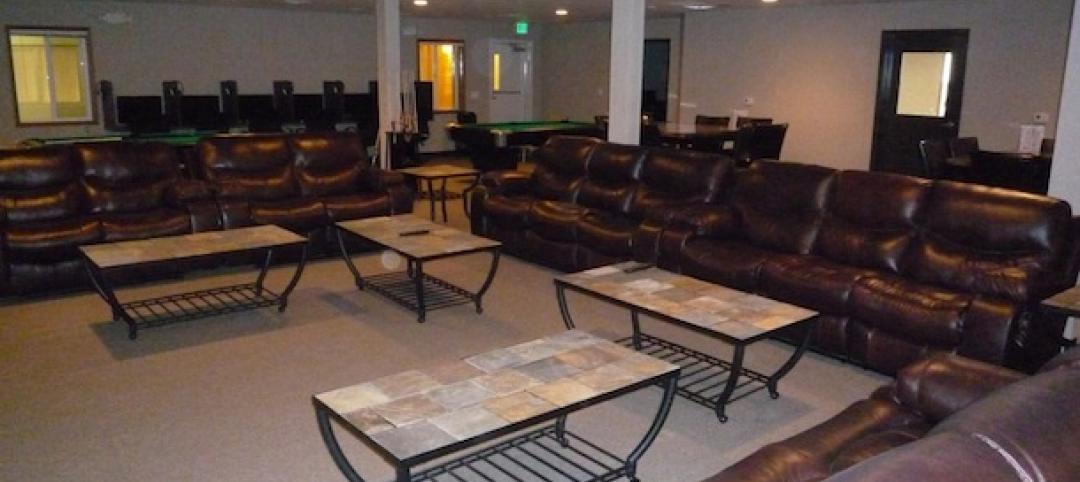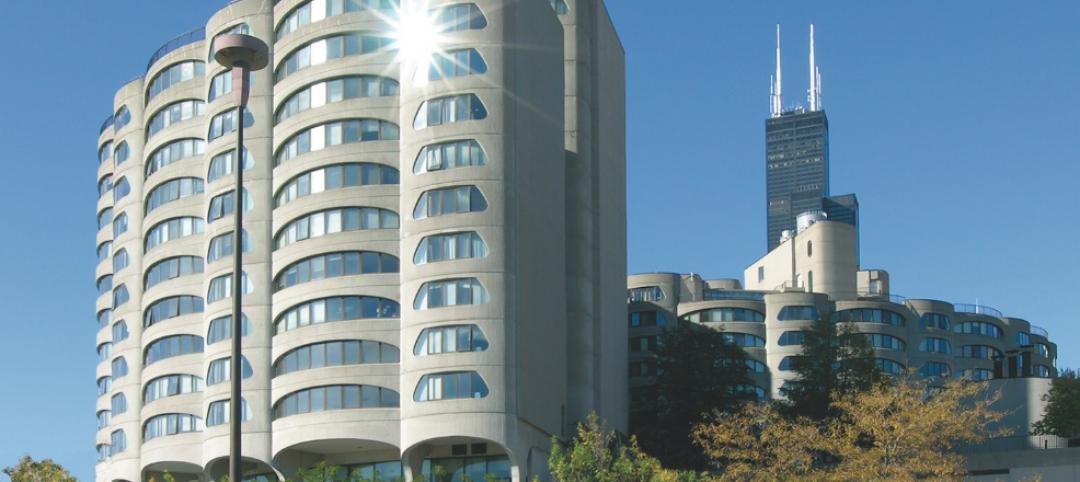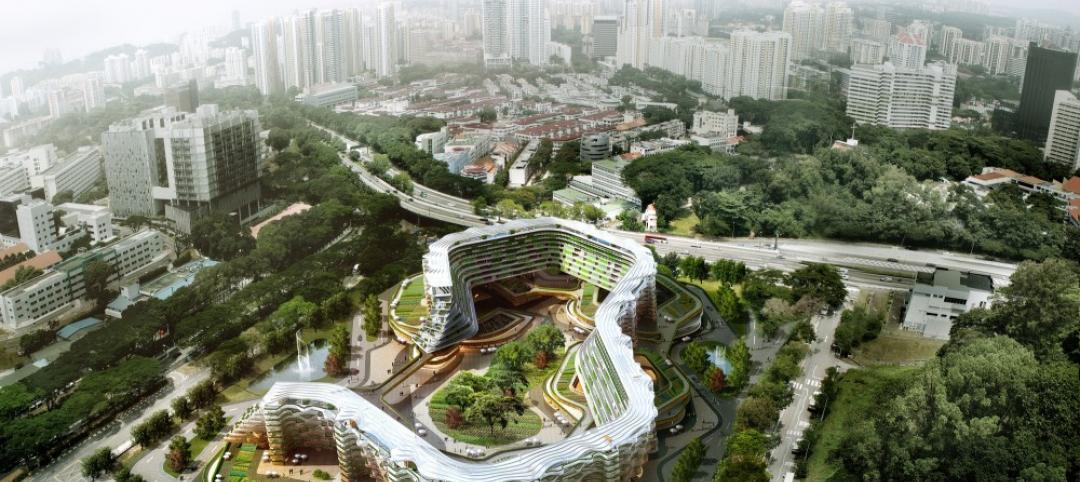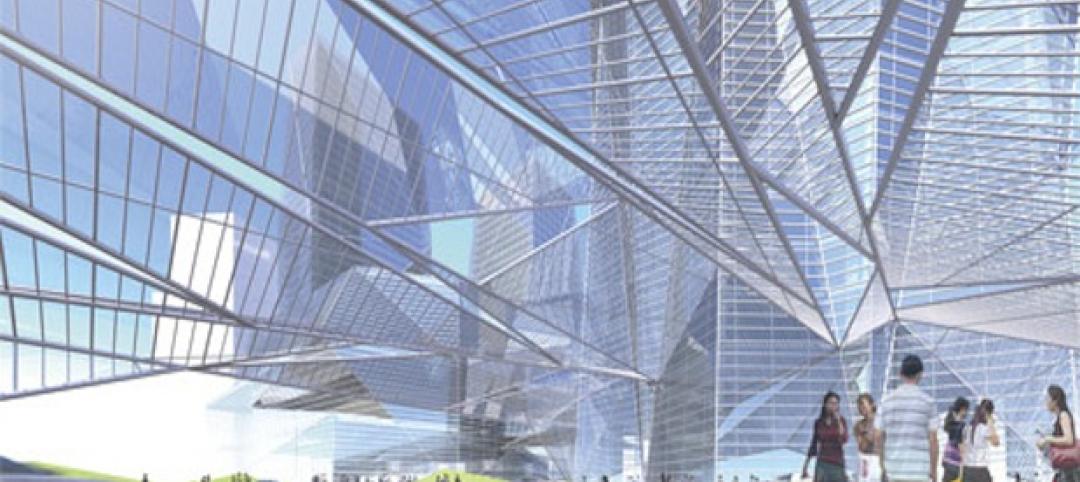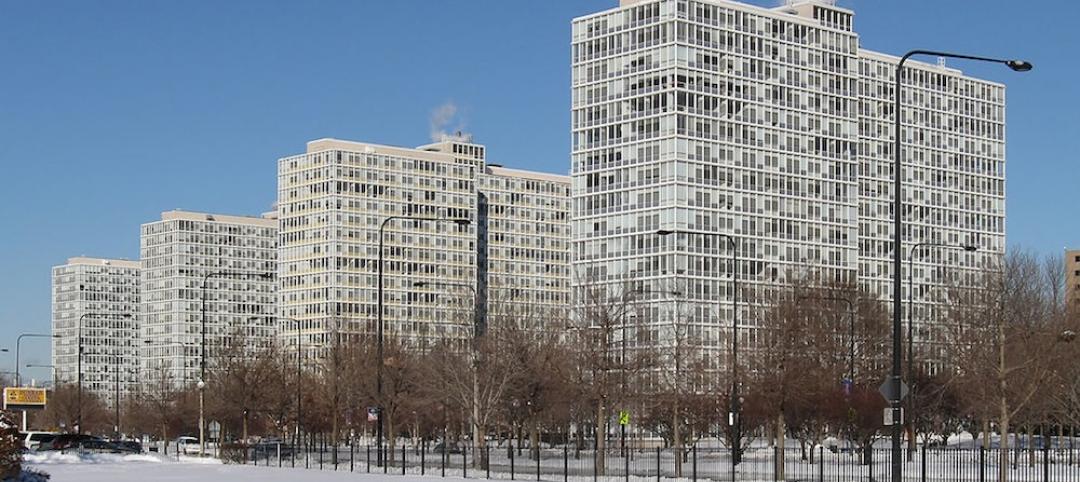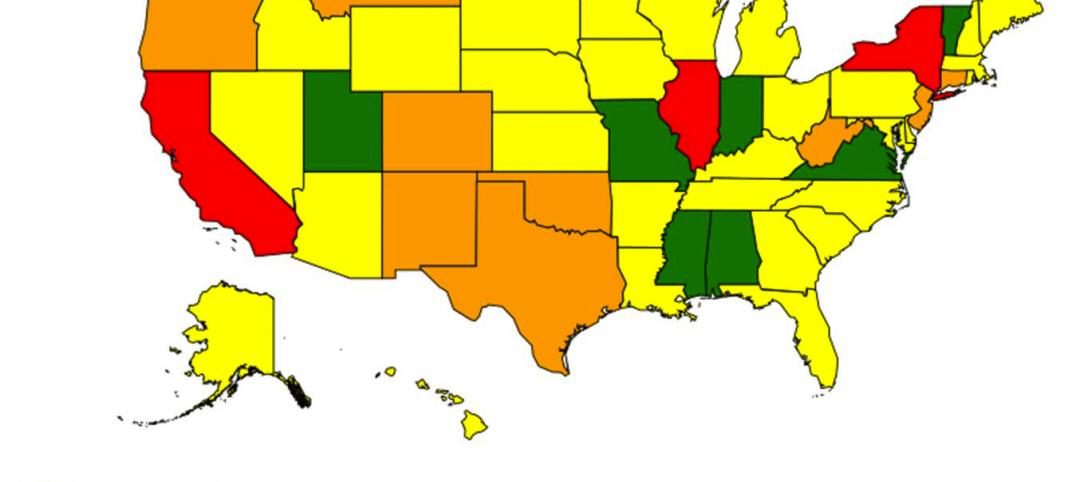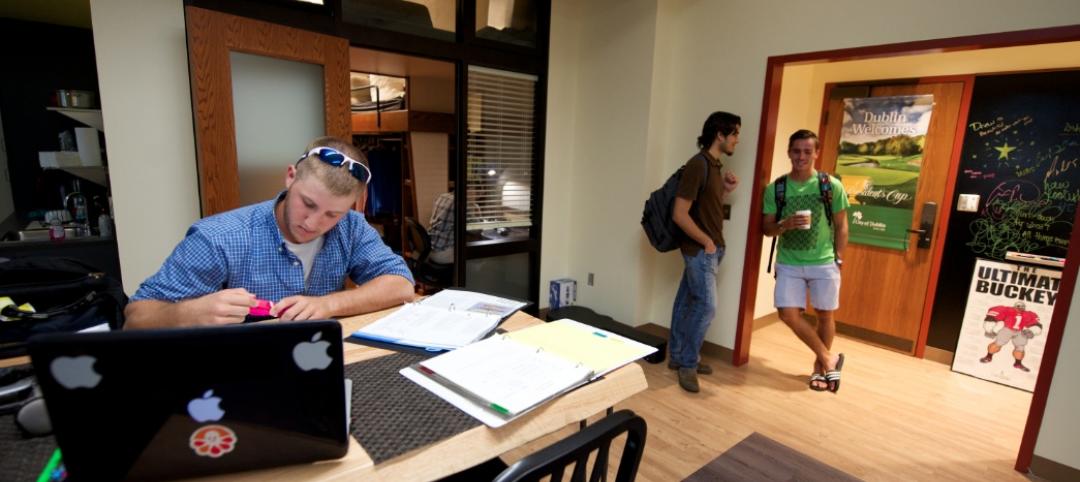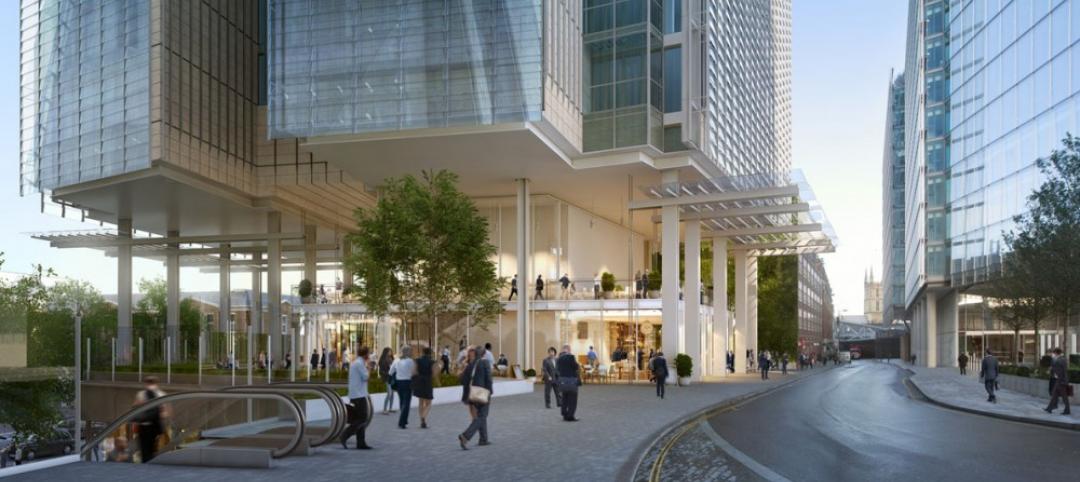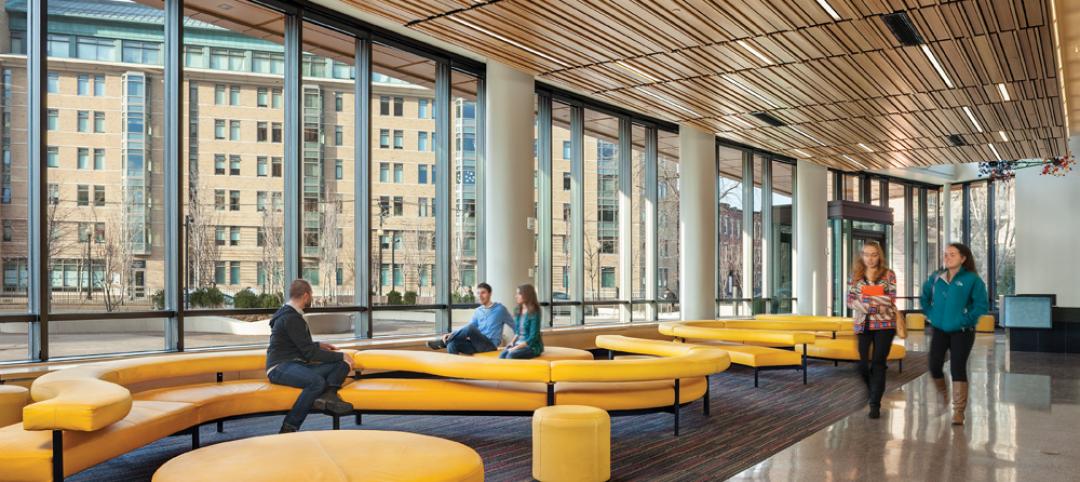Nearly three-fifths of respondents (60%) to a recent survey by Multifamily Design + Construction magazine (a BD+C sister publication) had included free WiFi in a project in the last 24 months; this trend will surely accelerate in the near future as free WiFi becomes more or less a given for marketing purposes in the multifamily arena.
Smart technology like individual metering (48.3%), electric vehicle charging stations (an encouraging 42.0%), and fiber optic service (37.9%) are clearly catching on with developers and designers. Nearly one in four (24.7%) have placed a smart home system (such as Nest) into a project.
More than one in five (21.3%) respondents said they had built phone-charging stations into their complexes.
Some brave pioneers are experimenting with exciting new concepts like co-working spaces (27.6%) and so-called “maker spaces,” innovation centers, or incubator spaces (10.9%).
Is this movement toward individualized smart technology a signal that the days of the “computer room” or business center are numbered? Think about this: What could you do with that valuable found space?
More results from the MFDC survey to come next week.
Business services amenities:
Free Building-wide WiFi: 59.8%
Conference Room: 48.3%
Individually Metered Utilities: 48.3%
Business Center: 42.0%
Electric Vehicle Charging Station: 42.0%
High-speed Fiber Optic Service: 37.9%
Computer Room/Lounge: 36.8%
Media Room/Media Center: 29.3%
Base: 174
Source: Multifamily Design + Construction Reader Survey, June-July 2017
Related Stories
Sponsored | | Dec 3, 2014
Modular Space Showcase: Bringing work-life balance to energy workers in the Bakken region
To meet the demands of the booming energy business, Williston needs to provide homes, recreation centers, restaurants, hotels, and other support facilities for the tidal wave of energy workers relocating to the Bakken Shale area. SPONSORED CONTENT
| Dec 2, 2014
First existing multifamily buildings to earn Energy Star certification unveiled
River City in Chicago is one of 17 existing multifamily properties to earn Energy Star certification, which became available to this sector on Sept. 16 via a scoring system for multifamily properties that Energy Star and Fannie Mae had been developing for three years.
| Dec 2, 2014
SPARK designs urban farming housing for Singapore’s elderly population
The proposal blends affordable retirement housing with urban farming by integrating vertical aquaponic farming and rooftop soil planting into multi-unit housing for seniors.
| Nov 24, 2014
Adrian Smith + Gordon Gill-designed crystalline tower breaks ground in southwestern China
Fitted with an LED façade, the 468-meter Greenland Tower Chengdu will act as a light sculpture for the city of Chengdu.
| Nov 24, 2014
Must see: Plans released for underwater city that could house 5,000 people
The design centers around a floating, 500-meter-wide sphere linked to a resource center on the ocean floor via a 15-kilometer, helix-shaped path.
| Nov 21, 2014
Rental apartment construction soars to 27-year high: WSJ report
The multifamily sector is now outpacing the peak construction rate in the previous housing cycle, in 2006, according to the WSJ.
| Nov 18, 2014
New tool helps developers, contractors identify geographic risk for construction
The new interactive tool from Aon Risk Solutions provides real-time updates pertaining to the risk climate of municipalities across the U.S.
| Nov 14, 2014
What college students want in their living spaces
In a recent workshop with 62 college students, architects from Little explored the changing habits and preferences of today's students, and how those changes affect their living spaces.
| Nov 11, 2014
Renzo Piano's third building at London Bridge Quarter approved, will be built adjacent to the Shard
Renzo Piano Building Workshop has been granted planning approval for its residential building at London Bridge Quarter—a 26-story apartment tower dubbed Feilden House.
| Nov 7, 2014
Arts college uses creative financing to build 493-bed student housing
Many states have cut back funding for higher education in recent years, and securing money for new housing has been tougher than ever for many colleges and universities. A recent residence hall project in Boston involving three colleges provides an inspiring example of how necessity can spawn invention in financing strategies.



